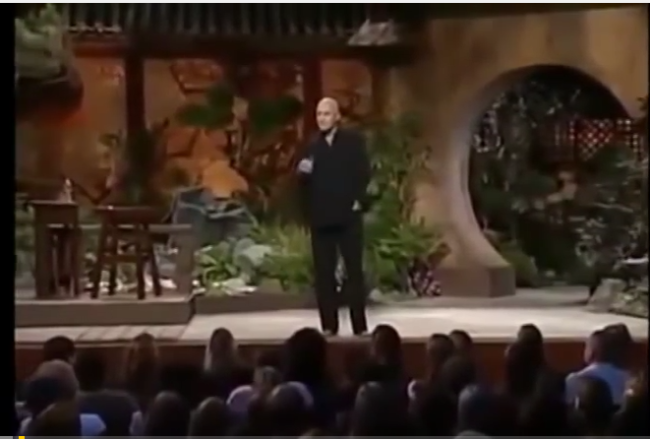 Is Lao Tzu against having desires?
Is Lao Tzu against having desires?
One may think so when reading passages in Tao Te Ching like
‘There is no greater sin than desire, no greater curse than discontent’
But there could be a grave misunderstanding.
Tao is about the universe, and each human being a small universe has basic needs to fulfil. An indication of the needs is desires. If you do not have desires to eat and drink, it is hard for you to stay alive. What’s more! Life would become so insipid when aspirations for love, growth and play are no where to be found!
Unlike some would think, Lao Tzu does not suggest discarding desires. He does not write desires off.
While the Sage consistently warns us against harbouring endless desires, this does not mean desires are undesirable. It’s like warning against overly preoccupied with making money, but making money — except for the lucky few — is necessary.
There are two types of desires that you can find in Tao Te Ching. The first is inner. You need to eat, laugh, talk, love and, of course, satisfy your curiosity about the true meaning of life. These are desires that keep you alive and kicking. Not only must you not ignore them, you should find ways for their fulfilment.
In the opening chapter of Tao Te Ching, Lao Tzu mentions about the desire to see the manifestation that allows us to appreciate wonders of the universe. With sure desires, we enjoy the present in life and the motivation gets us to to stay healthily and happily.
Desires, in this sense, are not undesirable!
The second type of desires is outer. They are about the outer wants, such as money, fame and power to control. While these are useful to satisfy inner desires, they should be contained so that they would not run wild. The desires to make more money, for example, should not overwhelm the inner desires for inner peace and balance in life.
The outer desires can be a ‘sin’ when they run wild. Before you own, you want a car. When you have one, you want a better car. When you have a better car, you want an even better car. Never-ending desires take your attention away from the present because wants are about the future. Neglect of the present deprive you of the present, the essential part of joy of living your life. When this happens, unhappiness ensues.
Outer desires, if not managed properly, can be destabilising and take the peace away from your mind. They are, as you can see, a culprit of many problems that we are facing. When desires are never-ending, you will need unlimited resources to satisfy the desires. But resources are limited! As a result, conflicts arise, so are contention, rivalry, greed, envy, hatred, resentment and , therefore, unhappiness.
No wonder Lao Tzu says, ‘There is no greater sin than desire, no greater curse than discontent.’
Having desires is not wrong, having never-ending desires is.
‘Therefore he who knows that enough is enough will always have enough,’ says Lao Tzu.





having desires is inherent to being human.
that does not we have to nourish our desires.
desires are always about the future, thus a distraction from the now.
One word “desirelessness”